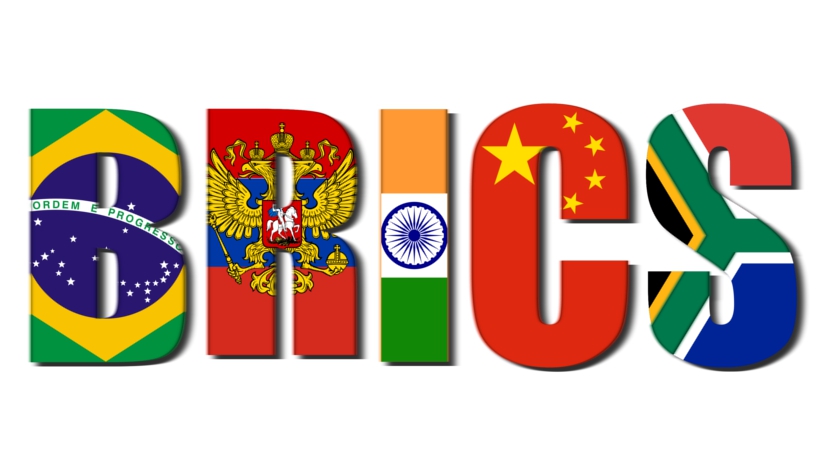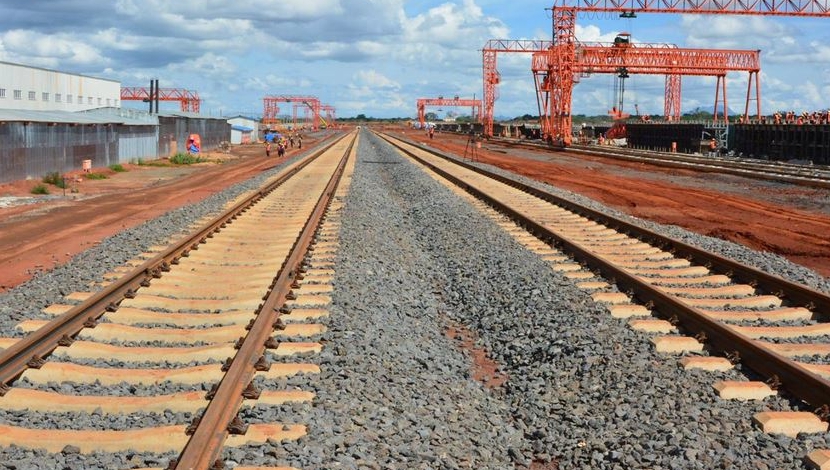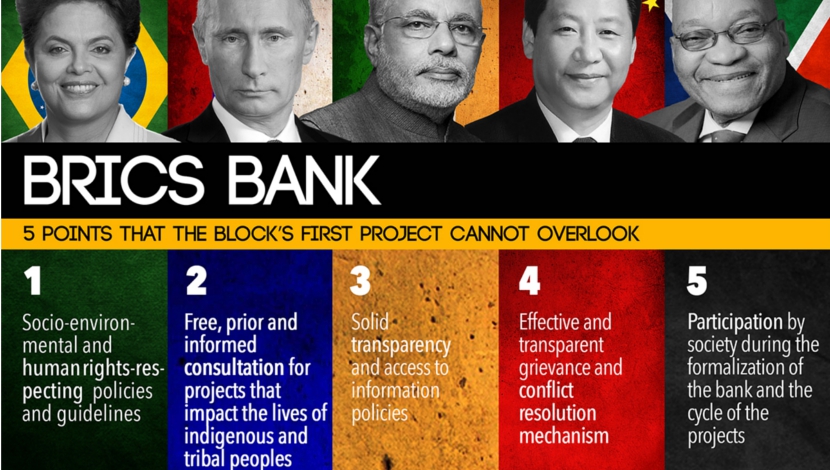

South Africa is among the BRICS member countries that have adopted a Seven-point Action Plan focused on expanding industrial cooperation.
The Action Plan on Deepening Industrial Cooperation among BRICS [Brazil, Russia, India, China and South Africa] countries was adopted at the two-day second meeting of BRICS Industry Ministers, which was held in Hangzhou, China, at the weekend.
Trade and Industry Minister, Rob Davies, says the plan is aimed at setting in motion an agreement reached at the first meeting of BRICS Industry Ministers two years ago in Moscow, Russia.
The agreement is aimed at expanding industrial cooperation in key areas, particularly manufacturing.
The plan has identified seven key points:
- Strengthening industrial capacity cooperation;
- Strengthening coordination and match-making in the field of industrial policies;
- Promoting cooperation in the development of new industrial infrastructure;
- Expanding cooperation in technological development and innovation;
- Deepening cooperation in the field of SMEs;
- Strengthening cooperation in standard areas and
- Facilitating all-round cooperation with the United Nations Industrial Development Organisation (UNIDO).
The adopted action plan states that in order to seize development opportunities brought by the new industrial revolution, BRICS countries will take joint actions to fully utilise their advantages of rich natural and human resources, broad domestic markets and vigorously carry out coordination and match-making in the fields of industrial capacity and policies.
These countries will further cooperate in fields like developing new industrial infrastructure, technology and innovation, small and medium-sized enterprises.
Minister Davies said industrial development cooperation between BRICS countries can be used as a springboard to foster growth, development and employment creation.
The plan also acknowledges that in recent years, the new industrial revolution — which includes digitalisation, networking and intellectualisation — is emerging, changing traditional production flows and business models, and giving rise to new industrial forms.





